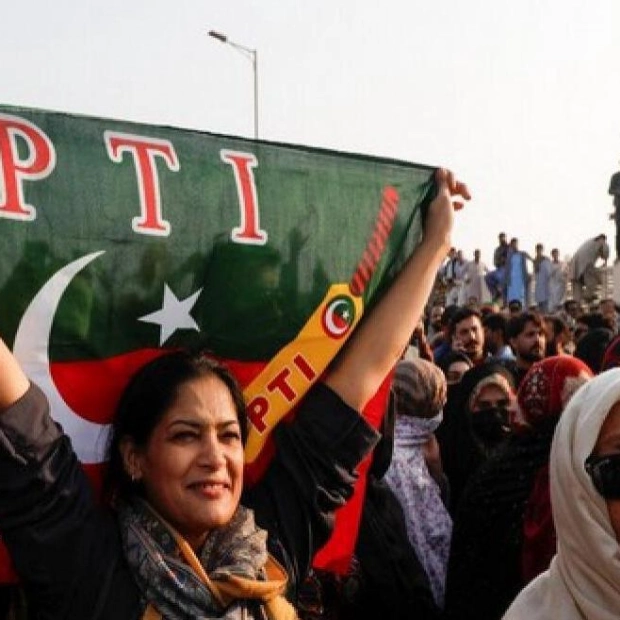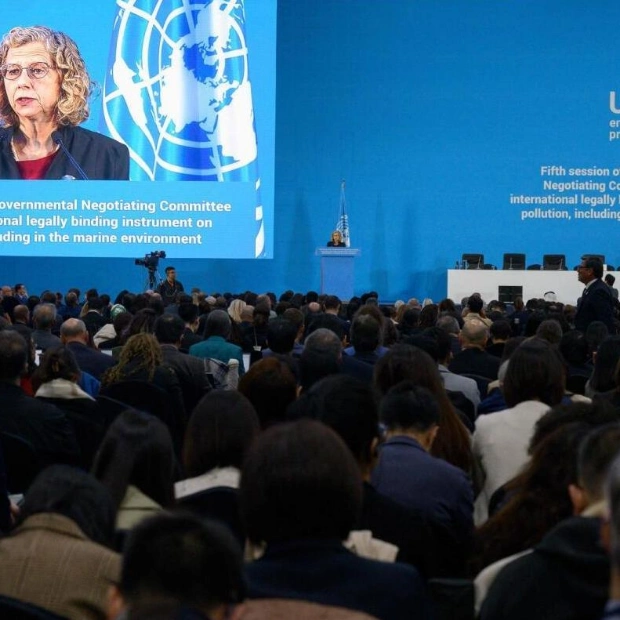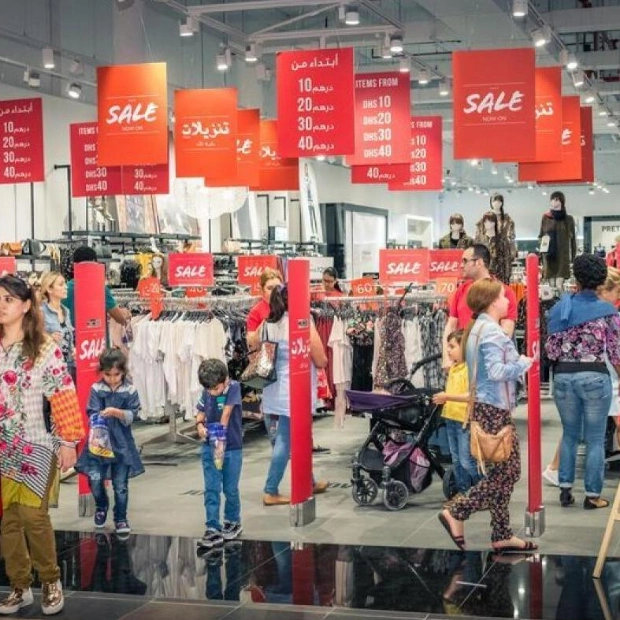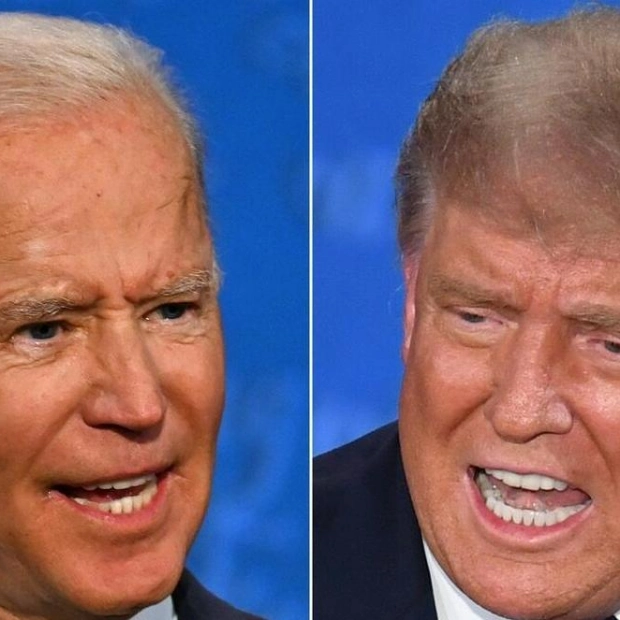Taylor Swift is captivating Europe, leading some experts to predict a financial boost as her fans rush to attend numerous sold-out concerts across cities like Dublin, Vienna, and more. It is anticipated that Swift's tour, along with the upcoming Olympics in France and the Euro 2024 soccer tournament in Germany, will invigorate a continent that has narrowly avoided recession for the majority of the last two years and has significantly trailed behind the United States. However, there's a catch: the concept of 'Swiftonomics' isn't genuine. Despite being a transformative music icon, the economic impact is barely noticeable once the hype subsides. For instance, in Stockholm, nearly 180,000 fans attended her three concerts in May, with half being international visitors, contributing approximately 850 million crowns ($81 million) to the city's economy. While this is a significant short-term gain for Stockholm, it's a minor contribution to the Swedish economy, which ranks eighth in the EU with an annual output of $623 billion. 'This additional revenue is a fantastic weekend uplift for Stockholm, especially for its tourism sector,' notes Carl Bergkvist, Chief Economist at the Stockholm Chamber of Commerce. 'But it's just a weekend boost, with no substantial or lasting effect on overall economic growth.' Hotels and restaurants saw a surge in profits, and cowboy hat sales increased by 155%, according to the Chamber's estimates. The impact on prices is minimal and possibly less than when Beyoncé performed in the city a year prior, causing a brief inflation spike. 'Is there a Taylor Swift effect? It's extremely minimal and temporary at best,' commented Carsten Brzeski, an economist with ING. 'There's extensive research predicting economic benefits before major events, but after, you need a magnifying glass to detect these benefits in the data,' Brzeski added. The same conclusion applies to the Olympics or Euro 2024. These events are beneficial for restaurants, beer sales, and merchandise sellers but do not permanently alter consumption patterns. 'The consumer spending that occurs is expenditure that would happen regardless and tends to be a form of substitution,' explained Professor Simon Shibli at Sheffield Hallam University. The argument is that money spent on a concert ticket or a hotel comes from a family's budget, leaving less for other expenses like dining out or travel. Danske Bank's humorous 'draft beer index' showed significant increases during Denmark's previous European Championship matches, peaking at a 106% rise in pub and restaurant earnings for a game against England compared to typical takings. 'On a micro level, such events do provide a boost, but even that is small and temporary,' said Danske's Piet Haines Christiansen. 'They are significant for specific sectors, such as hotels and catering in cities hosting Taylor Swift concerts or beer sales in countries participating in football tournaments.' Some local media last month cited Barclays research on the spending habits of Swift fans to suggest her concerts could bring in one billion sterling for the UK economy. However, besides the likely substitution effect on other spending, much of the tour's income will end up in the United States, further diminishing the already small local economic benefit. For economies the size of Britain or those in continental Europe, such financial transfers would not significantly impact their trade balances: the 20-country euro zone had a trade surplus of at least 39 billion euros in April alone.

Text: Lara Palmer
27.06.2024
Despite Sold-Out Shows, Experts Argue 'Swiftonomics' Has Minimal Lasting Economic Impact





